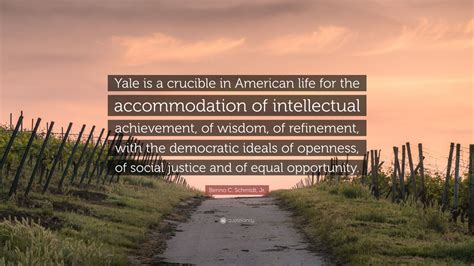A Quote by bell hooks
... privacy is ... connected to a politics of domination.
Quote Topics
Related Quotes
International order is not an evolution; it is an imposition. It is the domination of one vision over others- in this case, the domination of liberal free market principles of economics, democratic principles of politics, and a peaceful international system over other visions that other nations and peoples may have. It will last only as long as those who favor it retain the capacity to defend it.
When liberal whites fail to understand how they can and/or do embody white supremacist values and beliefs even though they may not embrace racism as prejudice or domination (especially domination that involves coercive control), they cannot recognize the ways their actions support and affirm the very structure of racist domination and oppression that they wish to see eradicated.
We do have to balance this issue of privacy and security. Those who pretend that there's no balance that has to be struck and think we can take a 100-percent absolutist approach to protecting privacy don't recognize that governments are going to be under an enormous burden to prevent the kinds of terrorist acts that not only harm individuals, but also can distort our society and our politics in very dangerous ways.
What I do think is important is this idea of a 'privacy native' where you grow up in a world where the values of privacy are very different. So it's not that I'm against privacy but that the values around privacy are very different for me and for people who are younger than my parent's generation, for whom it's weird to live in a glass house.
I don't think he would have had any trouble answering Justice Sonia Sotomayor's excellent challenge in a case involving GPS surveillance. She said we need an alternative to this whole way of thinking about the privacy now which says that when you give data to a third party, you have no expectations of privacy. And [Louis] Brandeis would have said nonsense, of course you have expectations of privacy because it's intellectual privacy that has to be protected. That's my attempt to channel him on some of those privacy questions.
































